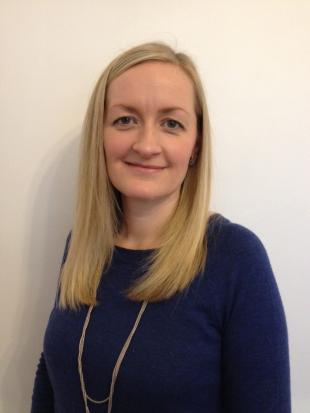Post date:
The following is a Q&A with Sarah Graham who studied her Bachelors and PhD in the School, graduating most recently in 2005, and now works as Transmission Infrastructure Package Manager with EDP Renewables.
What sparked your interest in engineering? Is it the same thing that inspires you today?
I became interested in engineering when I learned that it was a practical application of maths and physics (my favourite subjects at high school) and involved problem solving. I was lucky that my mum arranged work experience for me with the engineers she worked alongside at an electricity network operator. This sparked my interest in power engineering and made me decide to study electrical engineering.
From my teenage years onwards, I became increasingly interested in environmental issues, and this resulted in me choosing to work within the renewable energy sector.
I still enjoy the problem-solving aspect of engineering (although I don’t really use much maths or physics anymore!) and I feel that I am contributing to a more sustainable future.
Tell us a bit about your career since leaving University; what have you enjoyed and what have you found challenging?
My first job after university was with an environmental and engineering consultancy. This allowed me to work on a range of different renewable energy technologies and to develop non-engineering specific skills, such as project management and environmental impact assessment.
I then joined a wind farm developer, where I was part of the construction project management team delivering an offshore wind farm. This involved negotiating contracts to appoint contractors, managing budgets, managing people and ensuring the work was delivered to programme, as well as assessing and resolving any technical issues during construction.
I am now with EDP Renewables, another wind farm developer, and am responsible for managing the engineering, procurement and construction of the transmission infrastructure assets for Moray East offshore windfarm.
I have enjoyed moving into project management as it allows me to be involved in a breadth of activities, not solely technical; however, I did find it challenging when I was first involved in contract negotiations. Thankfully I have learned a great deal from the legal and commercial colleagues I have worked with.
I enjoy managing a multi-disciplinary team and dealing with the many challenges that occur in the delivery of a large construction project.
What advice do you have for the next generation of women interested in getting into engineering?
Engineers have a practical impact on the world and society we live in, and the impact will increase when there is more gender diversity within the profession.
Engineering can take you into any type of job role or sector. Therefore, even if you are not sure what job you would like to do after university, I recommend studying engineering.
This would allow you to work within a technical role, or alternatively move into project management, business management, IT, finance – I believe the list is endless!



